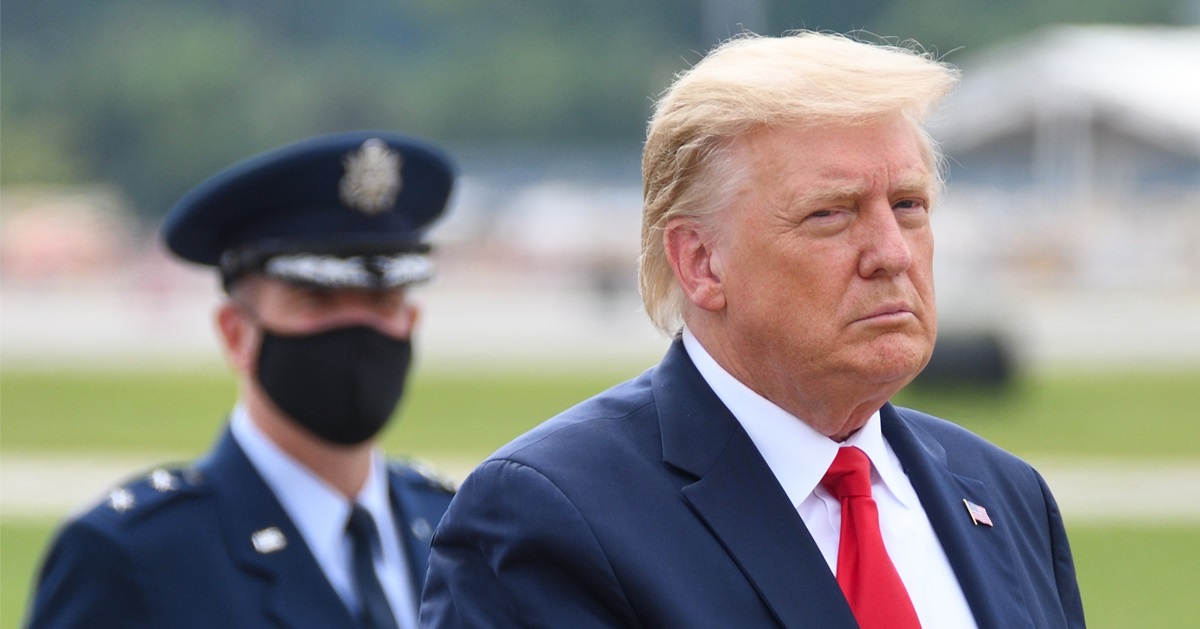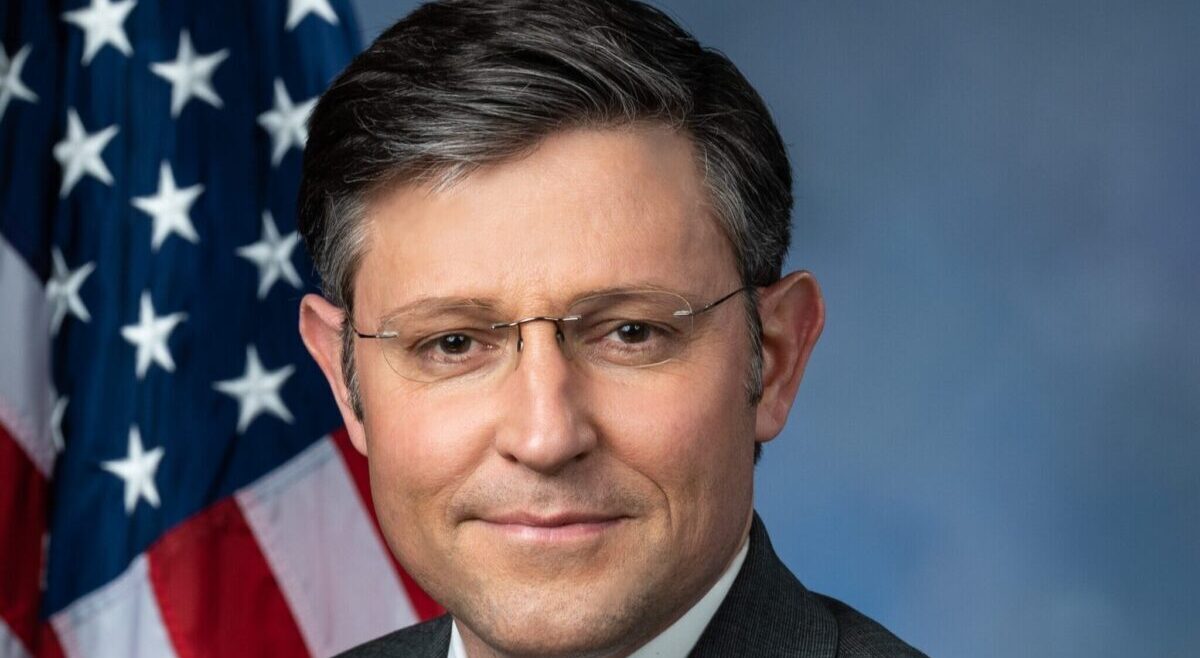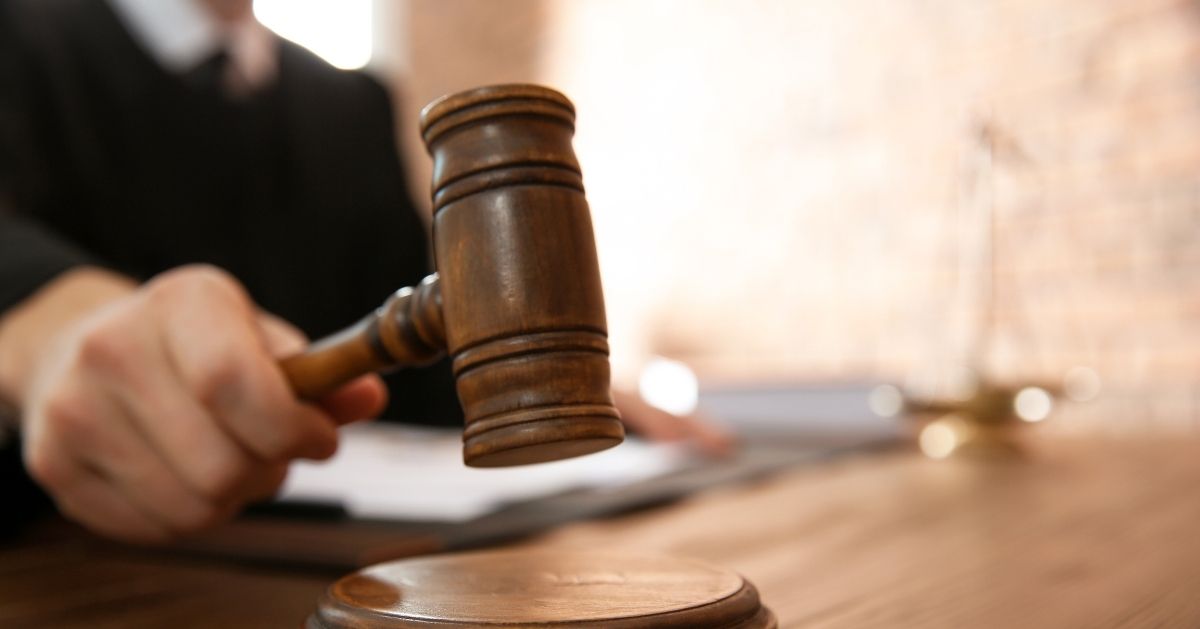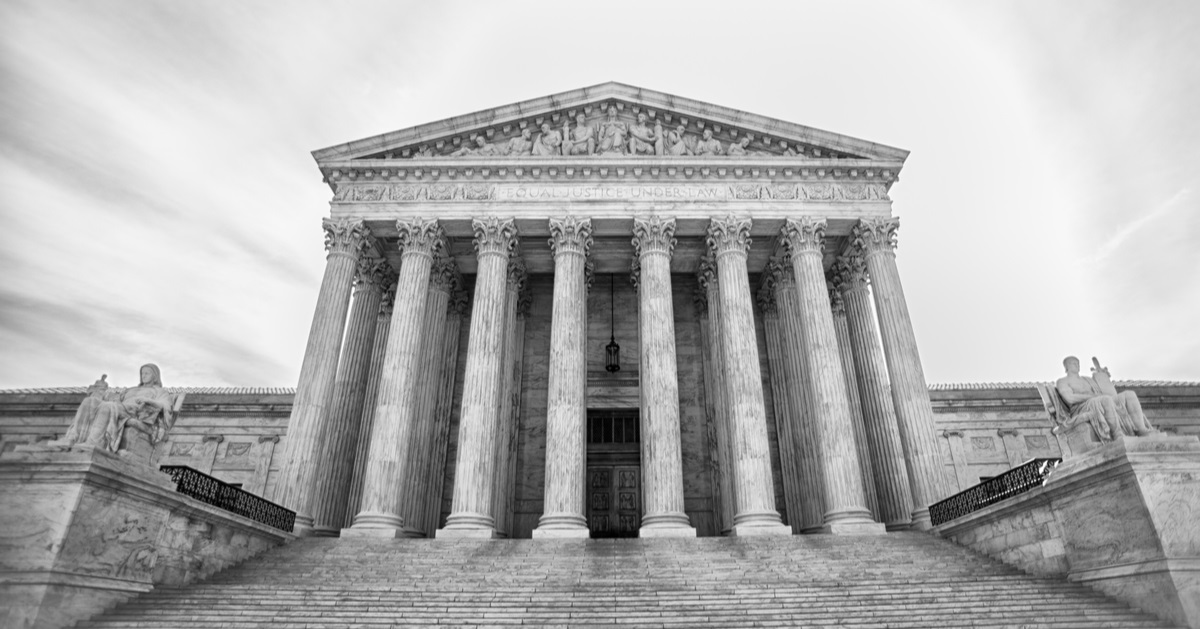Supreme Court hears major case on internet content moderation
The Supreme Court weighed a significant case on internet content moderation on Tuesday.
Both liberals and conservatives appeared skeptical of disturbing the status quo controlled by Section 230 of the Communications Decency Act, which provides a broad liability shield for tech companies.
The case, Gonzalez v. Google, was brought by the family of an American who was killed in an ISIS attack in France. The family alleges that YouTube's algorithm facilitated terrorism by "recommending" ISIS content.
Supreme Court weighs internet case
Section 230 has become a much-debated political football in recent years, with both parties calling for the liability shield to be curtailed. On the right, the concern is primarily with political censorship -- on the left, "harmful" speech.
The Supreme Court was asked Tuesday to weigh whether companies like Google, which owns YouTube, are liable when their algorithms "recommend" third-party content to users.
The justices often sounded confused by the argument Tuesday from Eric Schnapper, the counsel for the plaintiffs.
Clarence Thomas challenged Schnapper to explain how to draw the line when YouTube uses the same "neutral" algorithm for ISIS videos and videos on benign topics like cooking. Thomas also questioned whether a mere suggestion on a website amounted to a "recommendation."
"I don't understand how a neutral suggestion about something that you've expressed an interest in is aiding and abetting," Thomas said.
Justices at a loss
Schnapper repeatedly came back to the issue of "thumbnails," small preview images that YouTube displays.
YouTube has a role in generating the thumbnails, Schnapper said, so they aren't "exclusively" third-party material. But the justices appeared to have difficulty grasping his point.
“I guess the question is how you get yourself from a neutral algorithm to an aiding and abetting – an intent, knowledge,” Sonia Sotomayor said.
Upending the internet?
The justices appeared sympathetic to the argument from Google that changing how Section 230 is interpreted could essentially upend the internet, given the pervasiveness of algorithms.
"I guess what I'm asking is, does your position send us down the road that 230 can't really mean anything at all?" Kagan asked.
The justices suggested that Congress would be a better forum for dealing with the questions raised by the case, given their far-reaching consequences and the limits of the court's technological expertise.
“We’re a court, we really don’t know about these things,” Kagan said. “These are not like the nine greatest experts on the internet.”






